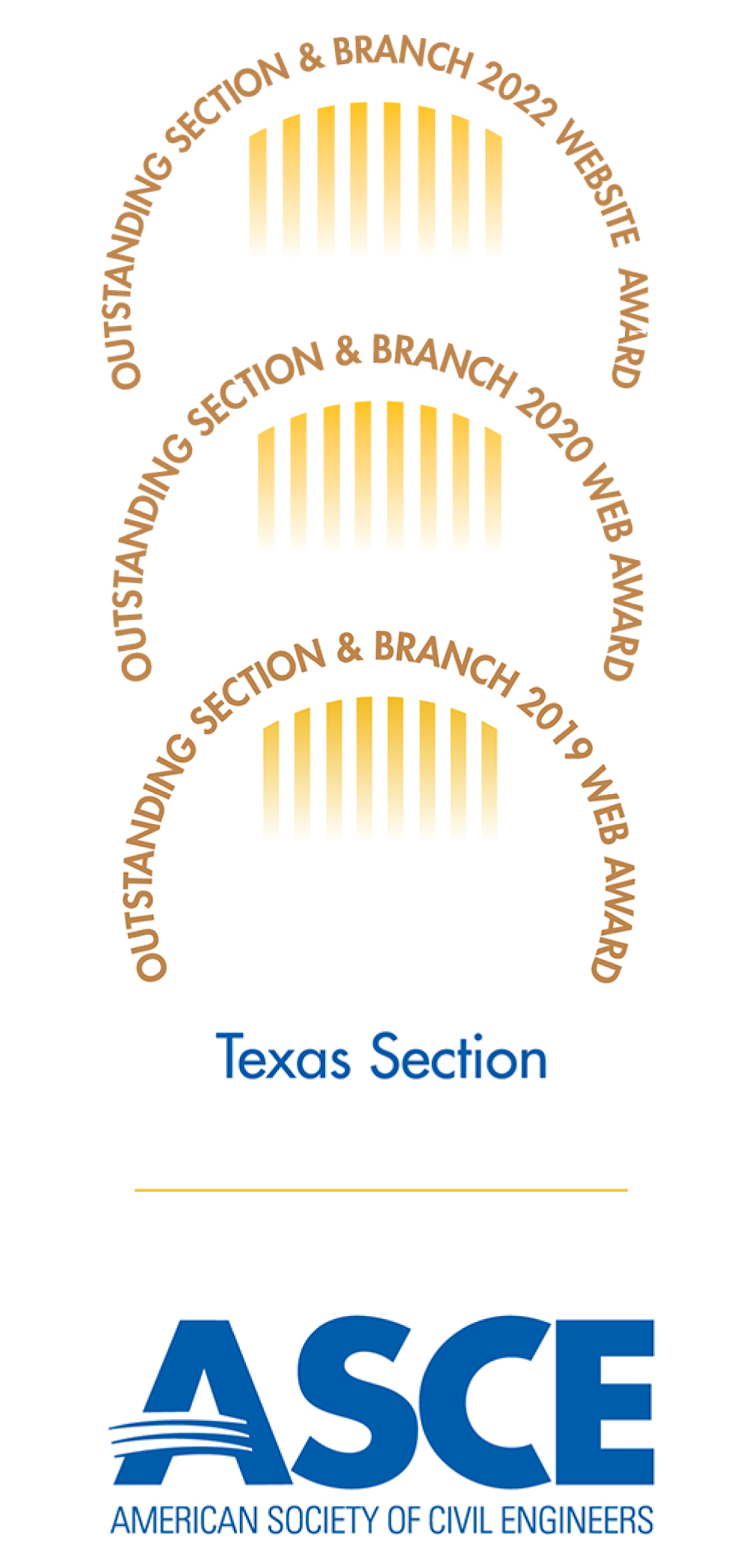ASCE Member Attends Climate Change Meeting with Harris County Judge’s Office

Michael F. Bloom PE, CFM, BCEE, ENV SP was invited to represent ASCE during a meeting on September 26, 2019 in Houston to discuss climate change. The meeting marked the beginning of the process to develop a plan to address environmental and climate issues identified in the “Voices Heard: The People of Harris County Speak – The Talking Transition: Survey Report.”
The focus of this particular meeting was on climate justice and equity. The majority of attendees were community members and environmental advocates. The meeting was organized and facilitated by Ms. DeVon Douglass, the Director of Community Engagement for the County Judge’s office, and former Chief Resilience Officer for the City of Tulsa, Oklahoma.
Mr. Bloom is the immediate Past-President of the Houston EWRI Chapter and a water resources professional with R.G. Miller Engineers, Inc.
For more information on ASCE’s position on Climate Change, we encourage you to review Policy Statements 360 – Impact of Climate Change and 488 – Greenhouse Gases. ASCE also offers the following talking points and resources related to resilience and infrastructure:
- ASCE supports the re-implementation of the Federal Flood Risk Management Standard (FFRMS), which was passed by President Obama but repealed by President Trump. The FFRMS considers mitigating flood disaster risks for federally funded development in flood prone areas. ASCE believes this is a fiscally responsible, sustainable resource management, common sense approach of mitigating flood disaster risks that should be part of any agency or organization working in planning.
- Development, adoption, and enforcement of a national model building code as a key method of creating disaster resilience in communities. The purpose of a building code and the consensus-based standards on which they are based is to establish minimum requirements necessary to protect and improve public health, safety, and welfare in the built environment. Safe and sustainable buildings are achieved through performance-based, code-based design, and construction practices in concert with a code administration program that ensures compliance.
- In 2018, ASCE released a manual of practice for civil engineers titled Climate-Resilient Infrastructure: Adaptive Design and Risk Management. The manual provides timely guidance and solutions for civil engineers to help design infrastructure that is more resilient, develop methods for infrastructure analysis, and meet societal needs in a world where changing risk profiles require a new design philosophy.
- The Texas Section offered solutions to raise state-wide infrastructure grades in the 2017 Report Card for Texas’ Infrastructure and expanded recommendations for flood risk mitigation within the Addressing Flood Risk: A Path Forward for Texas After Hurricane Harvey report in 2018.
Share this story:








